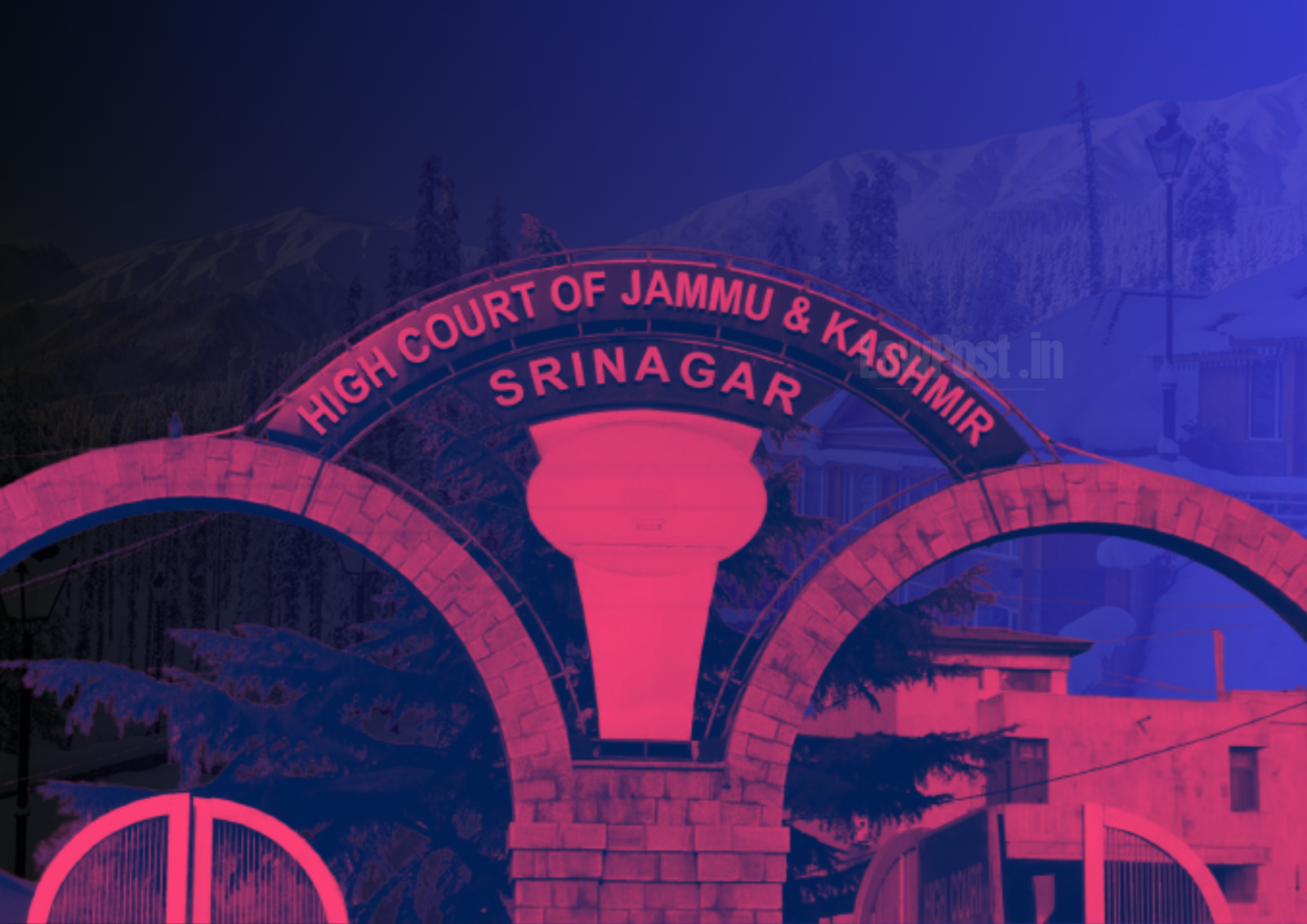In a landmark ruling reaffirming the fundamental and human rights associated with property, the Jammu and Kashmir and Ladakh High Court directed the Union of India to compensate Abdul Majeed Lone, a landowner from Tangdhar, whose property has been under Army occupation since 1978 without due process or rent payment.
Justice Wasim Sadiq Nargal, presiding over the case, emphasized the inviolability of property rights, stating:
“The State in exercise of its power of ‘Eminent Domain’ may interfere with the right of property of a person by acquiring the same, but the same must be for a public purpose and therefore, reasonable compensation must be paid.”
Case Background
The case revolved around a parcel of land in Tangdhar, Karnah. According to the petitioner, Abdul Majeed Lone, the Army occupied his land in 1978 without initiating any acquisition proceedings or paying rent. Despite numerous appeals to local authorities and the Army, Lone received no relief, prompting him to file a writ petition in 2014.
While the Army, represented by Mr. T.M. Shamsi, DSGI, denied ever occupying the land, the Revenue Department, through its Deputy Commissioner, confirmed that the land had been in Army possession since 1978. This conflicting testimony led the Court to direct a fresh survey of the land. The report unequivocally established that the Army had indeed occupied the property since 1978 without compensating the petitioner.
Court Observations
Justice Nargal described the unauthorized occupation as a blatant violation of basic human rights, stating:
“The right to property is now considered to be not only a constitutional or statutory right but falls within the realm of human rights. Human rights have been considered in the realm of individual rights such as the right to shelter, livelihood, health, employment, etc., and over the years, human rights have gained a multifaceted dimension.”
Referring to precedents like Vidya Devi v. State of Himachal Pradesh and Shabir Ahmed Yatoo v. UT of J&K, the Court reiterated that no citizen could be deprived of property without due process and reasonable compensation. The judgment added:
“The facts mentioned above clearly reveal that the respondents have violated the basic rights of the petitioner and have deprived him of valuable constitutional rights without following the procedure as envisaged under law.”
Order and Consequences
The Court ordered Deputy Commissioner Kupwara to assess rental compensation for the property in consultation with relevant stakeholders and submit a report within two weeks. Based on this assessment, the Army must pay the compensation from 1978 to the present within one month of receiving the report.
In the event of non-compliance, the petitioner will be entitled to interest at 6% per annum from the date the compensation became due. The Court warned against further delay, asserting that state agencies cannot bypass the law:
“The State and its agencies cannot dispossess a citizen of his property except in accordance with procedure established by law. The obligation to pay the compensation, though not expressly included in Article 300A, can be inferred from the said Article.”
This judgment underscores the principle that property rights are integral to human dignity and that any infringement must adhere to constitutional and legal standards, ensuring fair compensation to the affected party.








